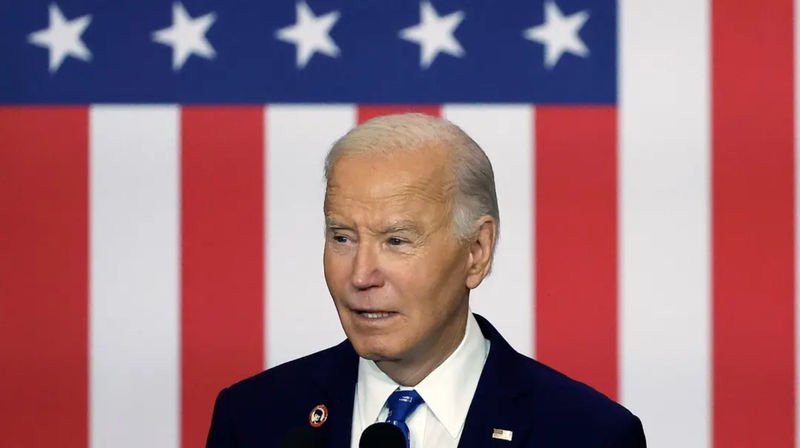New Zealand: PM Ardern Resigns
New Zealand Prime Minister Jacinda Ardern announced on Thursday that she will step down from her position on Feb. 7 in advance of the national election scheduled for Oct. 14. She reportedly plans to remain a member of Parliament until April.

Facts
- New Zealand Prime Minister Jacinda Ardern announced on Thursday that she will step down from her position on Feb. 7 in advance of the national election scheduled for Oct. 14. She reportedly plans to remain a member of Parliament until April.
- Citing burnout, she claimed not to have the heart and energy to lead the country anymore after her six "challenging" years in office. Labor members of Parliament will vote for a new leader on Sunday but the contest will go to the party's lay membership if no candidate receives two-thirds support.
- The announcement made at her Labor party's annual caucus meeting also comes a month after Ardern was caught on a hot mic insulting opposition leader David Seymour during an exchange in which he asked her to apologize for a mistake she made and fix it.
- New Zealand's third female leader and one of the youngest leaders in the world, Ardern became Prime Minister in 2017 at the age of 37 and led the country through several crises, including the 2019 Christchurch mosque attacks and the COVID pandemic.
- Her response to the 2019 shootings solidified Ardern's image as a global liberal icon while her administration's response to the COVID outbreak granted her a historic re-election victory in 2020. Recently, however, her party has been trailing in polls amid economic concerns and a perceived rise in violent crimes.
- Although Ardern had still been performing better than other political leaders, a survey released last month showed that support for her Labor party had fallen from 41% to 33% in a year — five percentage points behind the National Party.
Sources: Axios, BBC News, FOX News, CNN, New York Times, and Wall Street Journal.
Narratives
- Left narrative, as provided by RNZ. This resignation is as surprising as Ardern's amazing rise to power in 2017. No one can blame her for being exhausted after leading the country during challenging years marked by disaster and death. She will be remembered as a compassionate and confident leader that has been able to renew the once moribund Labor leadership with energy, focus, sense of purpose, and competency.
- Right narrative, as provided by Financial Review. While Ardern indeed became an icon to the left and inspired women worldwide, her government's limitations have been troublesome at home. Anger first understandably rose from those opposing COVID mandates and rules — soon spreading among New Zealanders and reducing her popularity due to inflation and mounting violence. Her resignation comes at the right time.






